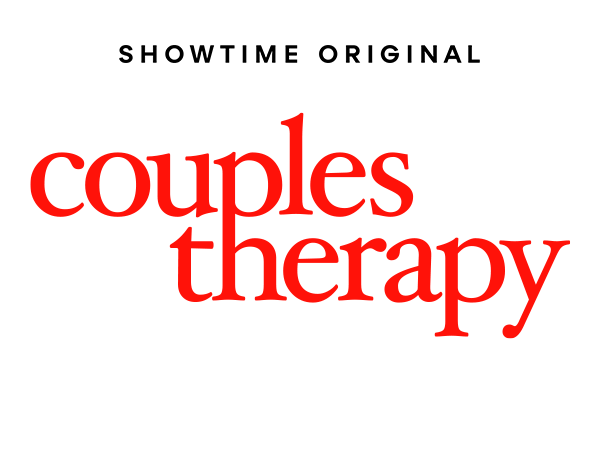 |
|
Happy Mother’s Day! I took the “over” on $200 million for Doctor Strange, so I will accept defeat after it came in at a still-very-good $185 million domestic this weekend ($450 million worldwide)…
Discussed in this issue: Reed Hastings, Lina Plath, Frank Langella, Tom Cruise, Patty McCord, David Rubin, Michael Shamberg, Rich Paul, Mike Myers, Andrew Dice Clay, and the grave of Carl Laemmle.
Nobody won the week, so let’s start by asking…
|
| So, What Did You Think of the Oscars? |
|
Ever since producer Michael Shamberg sued the Academy a couple years ago and alleged that its leadership was out of touch with its members (not to mention the world at large), the organization has sent out a couple “Member Survey” emails to gauge sentiment. I couldn’t help but laugh when the latest iteration was forwarded to me this week, since it included this doozy of a question:
What do you think the Academy could do and should do to improve the Oscars?
Um, how about, fewer assaults? I’m joking, but since Oscars just suffered through perhaps the most embarrassing scandal in live TV history, it might have been instructive to ask members how they think the Will Smith slap and, especially, its aftermath, were handled by the leadership of the organization. My guess is that Academy C.E.O. Dawn Hudson and president David Rubin didn’t ask that question because they don’t want to know the answer.
|
|
|
“When I mentioned that it was certainly not my intention to … she cut me off politely and said: ‘Intention is not our concern. Netflix deals only with impact.’”
–Frank Langella, detailing his communication with an H.R. executive at the streamer that led to his firing from The Fall of the House of Usher after allegedly touching an actress’ leg during a love scene.
A little more on this:
I’m told that Langella, 84, is interviewing L.A. litigators to potentially fight Netflix over his dismissal from the series...
P.S. As a reminder, you're receiving the free version of What I'm Hearing at {{customer.email}}. For full access to Puck, and to each of my colleagues, you can subscribe here.
|
|
|
| SPONSORED BY SHOWTIME |
 |
|
|
 |
| The Netflix Crisis Is Bad, But Not That Bad |
| Yes, layoffs are coming. Chatting with people around Hollywood, you’d think Netflix is going out of business. But those 220 million subscribers don’t have much to worry about—for now. |
|
|
|
More Netflix employee cuts are coming, and soon. That’s the latest word from sources at the company, which has been quietly trimming staff for months, and officially laid off 25 marketing people last week. It’s all thanks to the subscriber slowdown and a full-blown market meltdown, of course. Losing two-thirds of your market capitalization will cause some serious re-examination of your celebrated “culture deck.”
Amid all this, and given the level of chatter and schadenfreude around town, it’s important to note what is, and isn’t, happening. Yes, the planned spending growth has been halted. Pricey projects are getting a second look. (Unfortunately, the Mike Myers debacle The Pentaverate—the first episode of which consumed 31 minutes of time I will never get back—could not be stopped.) The pressure is definitely on TV chief Bela Bajaria and film head Scott Stuber to deliver more hits with those insane content budgets.
But those budgets are still there. Netflix is planning to spend $17 billion to $18 billion on TV and film content this year, well above rivals—and in most foreign territories, the spending will continue to grow...
|
|
|
| ADVERTISEMENT |
 |
|
|
|
|
|
| FOUR STORIES WE'RE TALKING ABOUT |
 |
| The Washington Mall |
| Notes on White House succession planning, knives out for Ron Klain, and Trump’s VP shortlist. |
| TARA PALMERI |
|
 |
| McCormick's Last Stand |
| Finger-pointing in Dave-vs.-Oz, the House’s Lindsay Lohan, and Geoff Morrell’s own Disney crisis comms. |
| TINA NGUYEN |
|
 |
| The Zucker Ghost |
| One week into his new job, CNN’s new boss is already having his manage-from-above strategy questioned and second-guessed. |
| DYLAN BYERS |
|
 |
| Elon’s Church Plate |
| A motley group of coinvestors could help Musk to reduce the risk he is putting on Tesla. |
| WILLIAM D. COHAN |
|
|
|

|
|
|
You received this message because you signed up to receive emails from Puck
Was this email forwarded to you?
Sign up for Puck here
Sent to
{{customer.email}}
Unsubscribe
Interested in exploring our newsletter offerings?
Manage your preferences
Puck is published by Heat Media LLC
64 Bank Street
New York, NY 10014
For support, just reply to this e-mail
For brand partnerships, email ads@puck.news |
|
|













